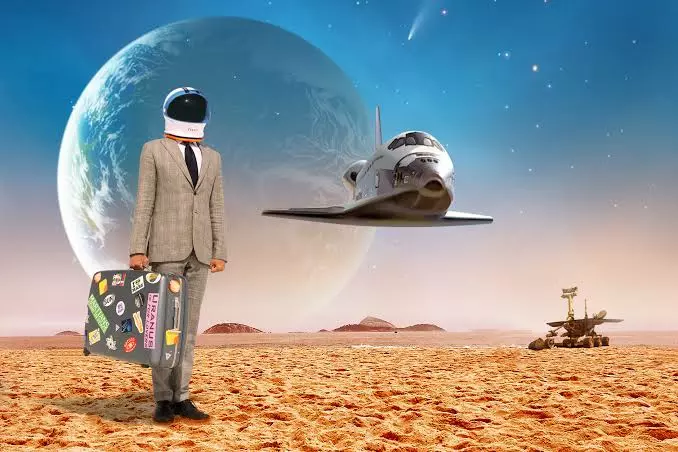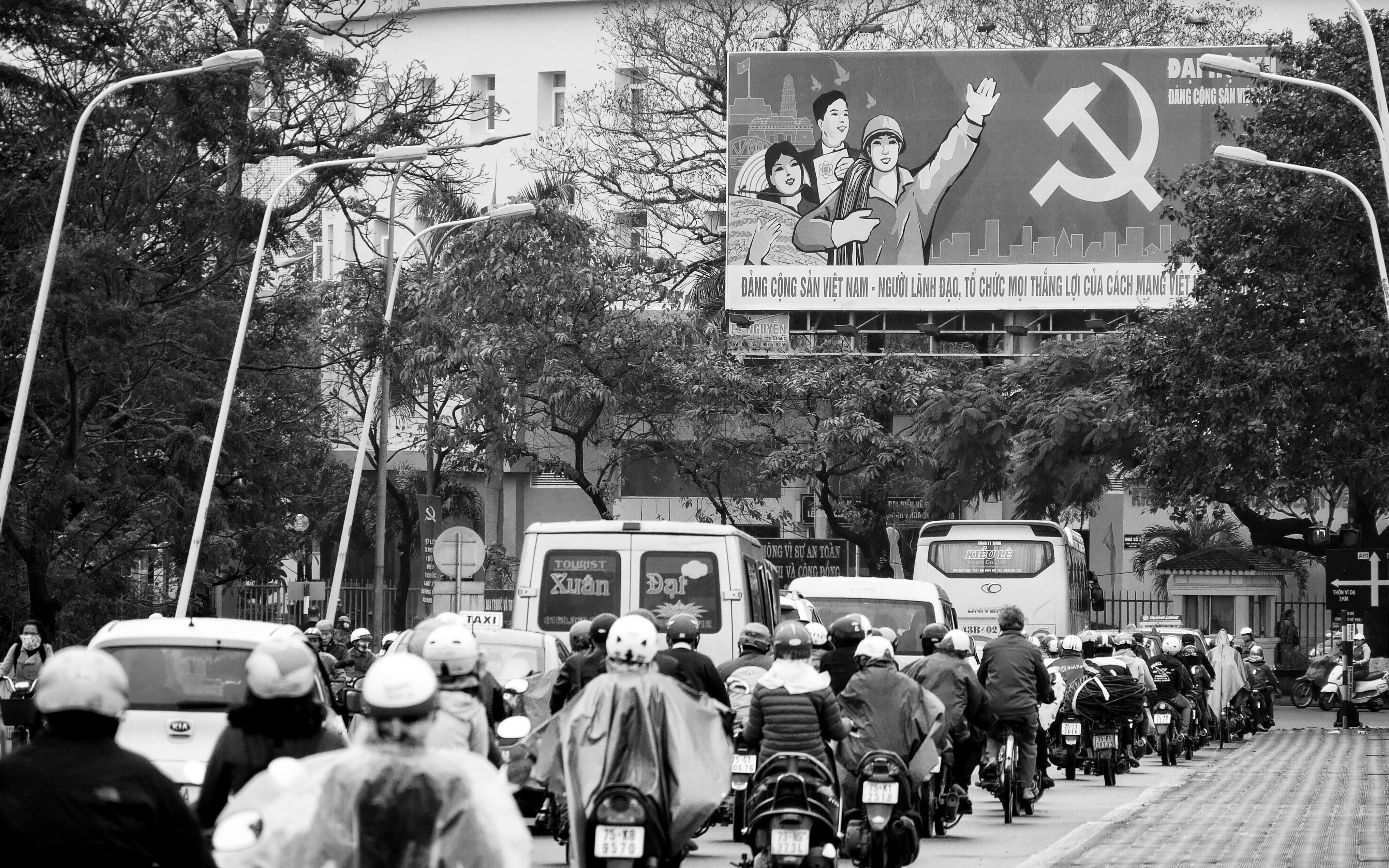Space Science
Curiosity is the mother of all invention! The vast unknown behind our mother earth has always been an elusive source of curiosity for the human being. Science is the tool by means of which, men and women have entered into that vast wilderness of nothing and everything. Space is the most dangerous, critical and adventurous terrain of science, where till date people know so little considering its infiniteness. Space Science allows us to prove or disprove scientific theories developed on the earth. Also, space science and space exploration are done to address the major challenges that our society is facing currently. It makes us aware of our responsibilities towards the earth and its natural resources.
Space Exploration – No Luxury
A boy from the village of Klushino in Soviet Union, who survived the Nazi occupation, worked as a foundryman, became the first astronaut of the world. He was Yuri Gagarin. A daughter of a former tractor driver and red army martyr of WWII and a cotton mill worker became the first female astronaut of the world. She was Valentina Tereshkova. While space science and exploration had always been an area of extreme caution and focused, a socialist system of Soviet Union made it possible for a foundryman worker or a textile mill worker to become an astronaut. Quite an achievement indeed. There is no scope of luxury in this. Plenty of explorations have failed miserably, so many young astronauts have died; yet there are success stories. But all these explorations had few things in common – hard work, perseverance and the value addition to science.

Environmental Impact
Every space exploration has its own hazardous impact on the environment. Every space launch leaves a hefty carbon footprint on the environment. Rocket engines release trace gases into the upper atmosphere that contribute to ozone depletion as well as soot particles. Space debris created due to failed missions, disused satellites etc. are now a growing concern for space scientists and environmentalists. As of August 2021, the European Space Agency (ESA) reports that approximately 29,210 pieces of debris are tracked on a regular basis by Space Surveillance Networks. Statistically, the numbers are likely to be much higher. The count of artificial objects in orbit around the Earth that are greater than 10cm in length is likely to be approximately 34,000, with approximately 900,000 objects between 1cm and 10cm. The count for objects of less than 1cm are around 128 million. These objects pose a high risk of slamming other objects and spacecrafts. A single collision can generate thousands of particles of space trash. Thus, it poses a great risk on the future space exploration. The risk is not limited to space exploration only, but it is catastrophic for the environment on the earth as well. A proportion of space junk in low earth orbit will gradually lose altitude and burn up in the earth’s atmosphere. For example, debris from Russian Proton Rockets launched from Kazakhstan, littered the Altai region of eastern Siberia. This debris include highly toxic fuel residue, unsymmetrical dimethylhydrazine (UDMH), a carcinogen harmful to plants and animals. Testimonials from locals refer to an unusual number of cancer cases in the area that many believe related to UDMH; however, the Proton Rocket manufacturer denied the correlation. Moreover, ESA estimates that only half of the space emissions abide by the environmental guideline.

The New Devil
Even with so many hazardous impacts and guideline deviations, the effect is not catastrophic yet, because the space launches are relatively infrequent and they are meant for only study and research purpose. Here comes the entry of the new devil on the horizon – Capitalism. A set of billionaires with their new idea and competition for Space Tourism. On July 11 this year, Richard Branson boarded Virgin Galactic Unity 22 Spaceflight, which went to suborbital space for few minutes. On July 20, Jeff Bezos of Amazon flew into the space with three other companions in one Blue Origin’s human-rated capsule. SpaceX owned by Elon Musk, launched its first all civilian spaceflight in September. While much of the world watched in awe, as these billionaires sored into Space, scientists worry that the rise and future of space tourism business could harm the Earth’s atmosphere and exacerbate the effect of climate change.
The spacecraft operated by Virgin Galactic is powered by a hybrid engine. These engines burn rubber and other fuels that generate lot of soot. A space tourism flight that lasts about an hour and a half, generates as much pollution as a 10-hour trans-Atlantic flight. Virgin Galactic is eying to fly tourists several times a day. SpaceX plans to launch 395 spaceflights annually. A single flight reportedly generates carbon footprints of 278 people combined. While Bezos’ New Shepard hailed as one of the cleanest in the industry, it does not mean the space flights are totally clean. Large amount of electricity is required to make liquid hydrogen and oxygen for these propellants. Also, water exhausts from the rocket can increase number of clouds in the atmosphere, impacting upper atmospheric layers. Due to too few rocket launches, these were not regarded as climate concern yet. According to a 2010 research paper, the effect of soot injected into the atmosphere from a thousand private suborbital flights a year would increase the temperature over the poles by 1degree Celsius and reduce polar sea ice levels by 5%. Moreover, we know too little on the impact of emission in the Space, where one should not emit.
Capitalist Adventure
Space tourism is not for common people. No foundryman, no cotton mill worker will be able to afford a tour to the space. It is for the Billionaires. It is for the 1%. It is their ego-fueled race to control the Space. The profit over people policy of the billionaires will gradually bring a catastrophe in the Space which will have a domino effect on the Earth’s environment. They will continue to exploit their workers and destroy the environment to have their own luxury and adventure with zero value add to science. There is not much awareness, knowledge and organized effort to dissuade this flamboyant, anti-people, capitalist adventure of the billionaires.






